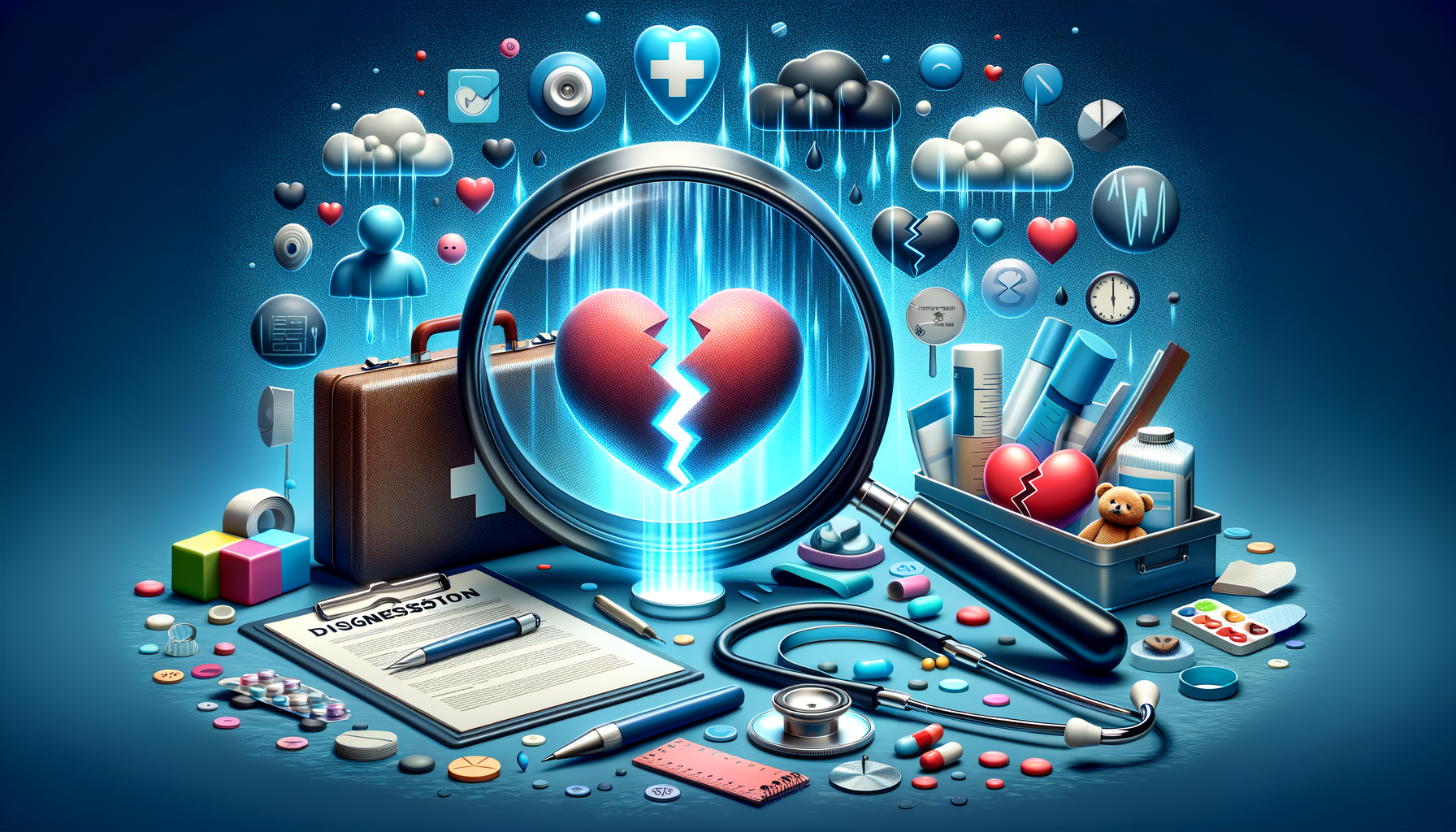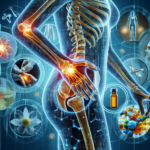Understanding Depression: Signs and Symptoms
Depression is a complex mental health condition that affects millions of people worldwide. It is more than just feeling sad or going through a rough patch. To identify depression, it’s essential to recognize the symptoms that often persist for at least two weeks or more. These symptoms can include persistent sadness, loss of interest in activities once enjoyed, changes in appetite, sleep disturbances, fatigue, feelings of worthlessness or guilt, difficulty concentrating, and thoughts of death or suicide.
Professionals use specific criteria to diagnose depression, often relying on tools such as the Diagnostic and Statistical Manual of Mental Disorders (DSM-5). This manual outlines the symptoms and their duration necessary for a clinical diagnosis. Additionally, healthcare providers may use questionnaires and interviews to assess the severity and impact of symptoms on daily life.
It’s important to note that depression can manifest differently in individuals, with some experiencing physical symptoms like headaches or digestive issues, while others may exhibit irritability or anger. Understanding these signs is a crucial step in recognizing the need for professional help.
Professional Methods for Diagnosing Depression
Diagnosing depression involves a combination of self-reported symptoms, clinical interviews, and sometimes physical examinations to rule out other conditions. Mental health professionals, such as psychologists and psychiatrists, are trained to conduct comprehensive assessments that consider the individual’s mental and physical health history.
One common tool used is the Patient Health Questionnaire (PHQ-9), a self-administered survey that helps gauge the severity of depression. This questionnaire asks about the frequency of symptoms over the past two weeks, providing a score that helps professionals determine the level of depression.
In some cases, blood tests may be conducted to ensure that symptoms are not caused by underlying medical conditions like thyroid disorders or vitamin deficiencies. A thorough diagnosis is crucial because it forms the foundation for an effective treatment plan tailored to the individual’s needs.
Exploring Treatment Options for Depression
Treating depression often involves a combination of therapies that address both the psychological and physiological aspects of the condition. The most common treatments include psychotherapy, medication, and lifestyle changes.
Psychotherapy, or talk therapy, is a valuable tool in the treatment of depression. Cognitive-behavioral therapy (CBT) is one of the most effective forms, helping individuals identify and change negative thought patterns and behaviors. Other types of therapy, such as interpersonal therapy (IPT) and dialectical behavior therapy (DBT), may also be beneficial depending on the individual’s specific needs.
Medications, such as antidepressants, can help balance chemicals in the brain that affect mood and emotions. These are often prescribed alongside therapy to provide a comprehensive treatment approach. It’s important to work closely with a healthcare provider to find the right medication and dosage, as it can take several weeks to notice improvements.
Additionally, lifestyle changes like regular exercise, a healthy diet, adequate sleep, and stress management can significantly impact depression symptoms. Engaging in activities that promote well-being and relaxation can complement other treatments and support recovery.
Finding the Right Treatment Centers and Support
Choosing the right treatment center is a critical step in managing depression effectively. It is essential to find a facility that offers comprehensive care tailored to individual needs. Treatment centers may offer a range of services, including inpatient and outpatient programs, group therapy, and specialized treatments for co-occurring disorders.
When selecting a treatment center, consider the following factors:
- Accreditation and licensing: Ensure the facility meets industry standards and has qualified professionals.
- Treatment approaches: Look for centers that offer evidence-based therapies and personalized treatment plans.
- Support services: Consider additional services such as family therapy, aftercare planning, and support groups.
- Location and accessibility: Choose a center that is conveniently located or offers remote services if necessary.
Support from family and friends is also crucial in the recovery process. Encouragement and understanding from loved ones can provide the motivation needed to pursue and maintain treatment. Additionally, support groups offer a sense of community and shared experiences, which can be comforting and empowering.
Conclusion: Taking the First Step Towards Recovery
Recognizing the signs of depression and seeking appropriate treatment is a significant step towards recovery. By understanding the symptoms and utilizing professional methods for diagnosis, individuals can access the help they need. Exploring various treatment options and finding the right support system is essential in managing depression effectively.
It’s important to remember that recovery is a journey, and seeking help is a sign of strength. With the right resources and support, individuals can navigate the challenges of depression and work towards a healthier, more fulfilling life. If you or someone you know is struggling with depression, reaching out to a healthcare professional or a treatment center can make a profound difference.








